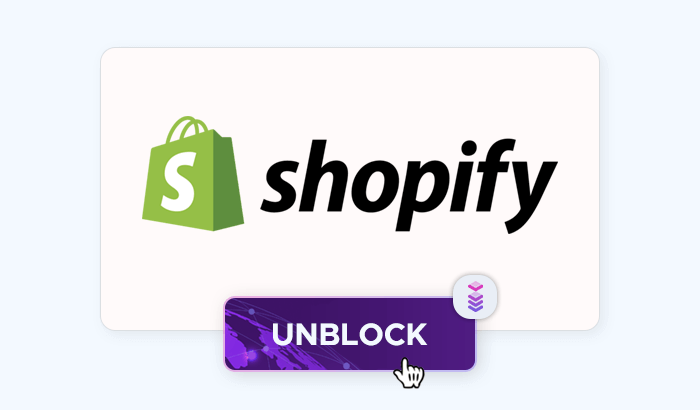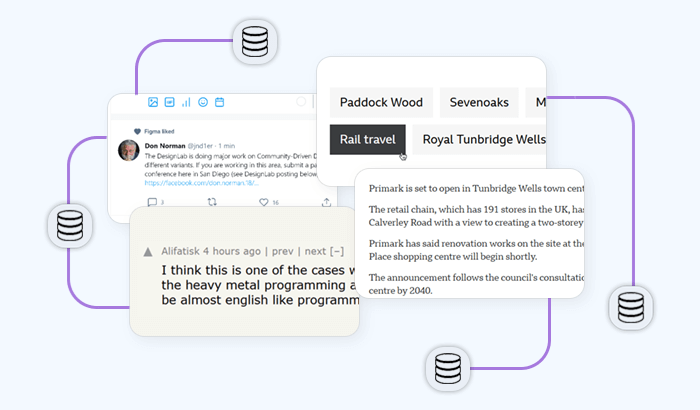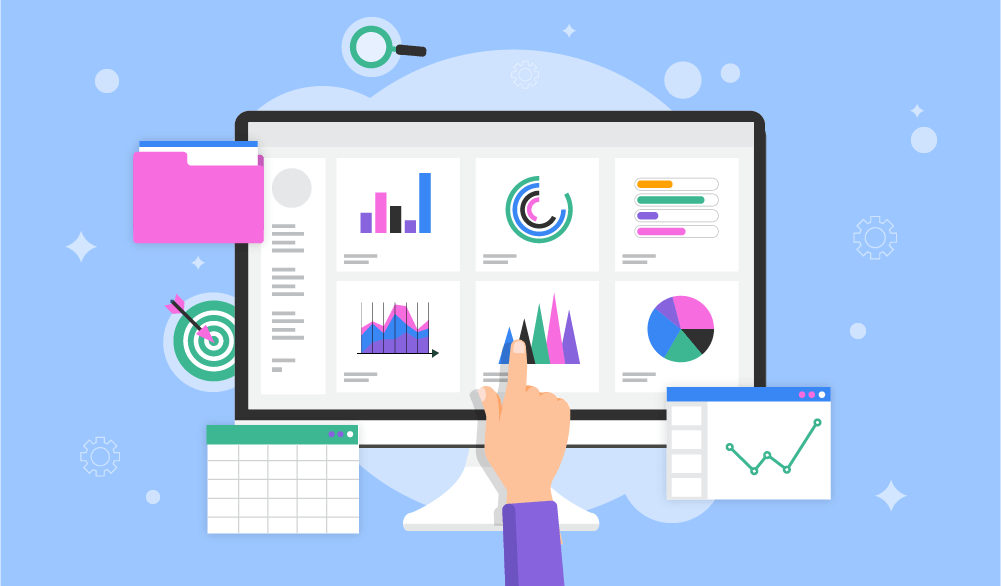

Data has always been important for fruitful marketing: It’s not like marketing managers are just blindly doing something, hoping to see results. They’ve always studied the market and the outcomes of past campaigns. But today, the Internet and the amount of data it contains changed the way professionals approach promoting a brand.
Nowadays, it’s possible to acquire precise information that will make it easy for CMOs to understand the correct ways and outline plans that are efficient with almost 100% certainty. That’s one of the reasons why data science became such a big industry within just a few years. Since data scientists are exactly the specialists who know how to dig out precise chunks of information, they’re very much in demand for different needs.
Nowadays, marketing looks like a mix of creativity, big data, and technology. And the approach of data-driven marketing becomes increasingly popular. In this article, we’ll figure out the details of this method and how you can leverage it.
The crucial component — MarTech
MarTech is short for marketing technology and refers to the set of digital instruments marketing specialists use to plan and execute campaigns. These tools can help to:
- Automate repetitive processes,
- Collect and analyze data, and
- Engage the audience.
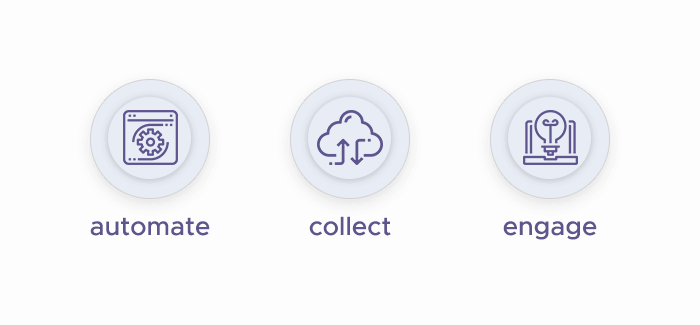
Proxies are a vibrant example of MarTech. Even though they weren’t created exactly for marketing needs, specialists use them to improve the positions of their brands. When it comes to collecting the required data, it’s impossible to avoid using proxies because most websites are protected from data gathering. Proxies allow to streamline this process and bypass any restrictions to acquire the desired information.
❔ Further reading: Residential Proxies: A Complete Guide to Using Them Effectively
In general, marketing technology is designed to save time, costs, and effort required for planning and executing marketing actions. Computers are simply better at some things — so why not let them do those tasks?
More about data-driven marketing
As we’ve already mentioned, marketers always leveraged information. But modern data-driven marketing involves way more details about the target audience, customers, possible partners, competitors, and the market in general. All the data used in this approach allows marketers to understand what a relevant target audience actually wants and needs, the behavior and motivation of possible and current customers, and other nuances that impact the efficiency of marketing activity.
Besides just giving marketers an understanding of the target audience and the market, data also allows them to predict customer behavior in detail. This, in its turn, allows specialists to determine what will be in demand and when, how to approach the audience, and so on. Additionally, the more information marketers have the more possibilities for a brand they can unveil.
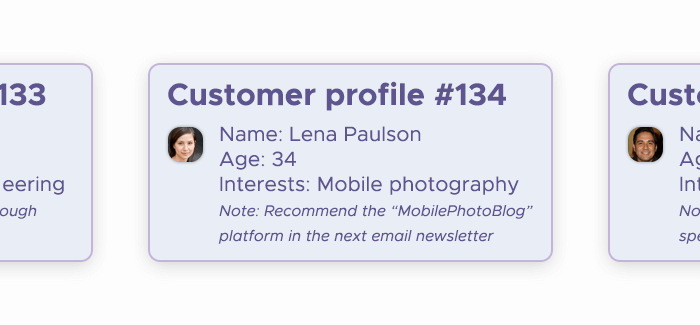
Finally, we should remember that personalized marketing becomes more and more important as the new generation of consumers wants to get offered exactly what they need. Big data gives marketers all the details they need to know to divide the target audience into narrow groups and offer each of them tailored solutions and products. This makes the brand more flexible and brings it closer to the audience thus improving the income.
How is data gathered?
Marketers use web scrapers to gather information. These are programs — bots — that go through target pages and get the required data from them. Scrapers are usually reinforced by residential proxies that allow these bots to bypass any restrictions they meet online. Modern web scrapers are very easy to use as they’re designed for those who are not data scientists themselves. Proxies are also easy to use — especially considering that we will provide you with the guidance you need when you get your hands on Infatica’s residential proxies.
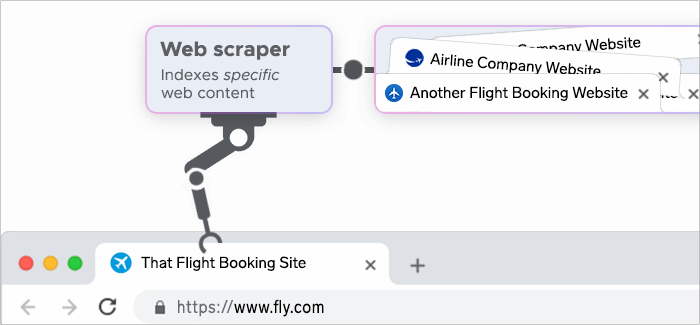
Besides just gathering the data, scrapers also structurize and format it to make sure the acquired information is suitable for human understanding.
Use cases for big data in marketing
Let’s take a closer look at some examples of how companies can benefit from data-driven marketing:
Identify the most efficient channel
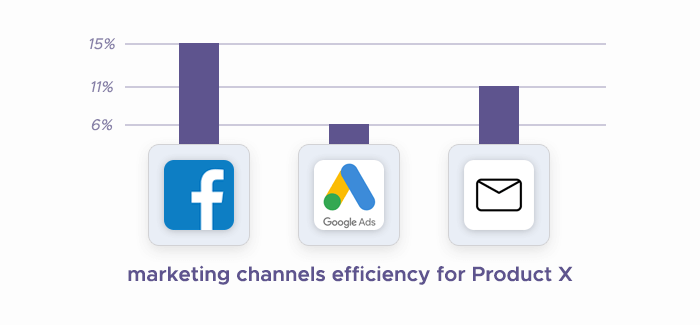
Usually, marketers would have the same budget for all channels (Facebook ads, Google ads, ads in media, etc.). But using data, they can determine in advance which channels will be more efficient for a specific campaign. Using detailed information on the user behavior, specialists can get a better understanding of a multi-channel approach that will be suitable in terms of spendings and outcome.
Personalized marketing
As we’ve mentioned, younger consumers want to receive tailored offers, and many brands already have established personalized marketing approaches. An example of this method would be an e-commerce website that offers a customer accessories for a bicycle after this customer has bought a bicycle.
Detailed research
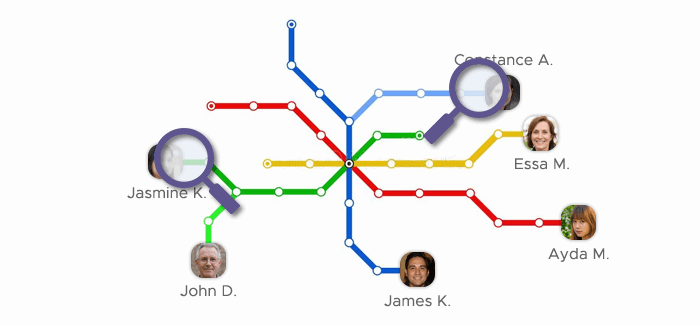
Big data gives big knowledge. Acquiring detailed information companies can study:
- The behavior of potential customers and their interests,
- Purchase habits of the target audience,
- Reviews and comments,
- Spikes of interest to specific products,
- Related trends on social media,
- Sales volume during different events and seasons, and
- Strategies of competitors.
These are the most popular bits of data marketers study. You, of course, can customize the data-driven marketing according to the needs of your company to improve the results. Studying the target audience, competitors, and the market in such detail allows for decreasing unnecessary spendings while increasing the revenue of the brand.
The bottom line
Soon enough, data-driven marketing will become just “marketing” as the data-oriented approach becomes overwhelmingly popular among marketers. So it’s vital to figure out this method now and start applying it so that in the future we won’t find ourselves drowning in the ocean of unknown tools, metrics, and approaches.
If you need more guidance on proxies and assistance in choosing a suitable pricing plan, feel free to contact us. Infatica’s support team is always ready to help and answer all your questions. And if you need a custom pricing plan — just tell us and we will create one for you.
Frequently Asked Questions
- It allows you to really understand your customers and what they want.
- It helps you optimize your marketing efforts and get the most bang for your buck.
- Data can help you make better decisions about future marketing campaigns.
- It allows you to track your progress and measure success.








